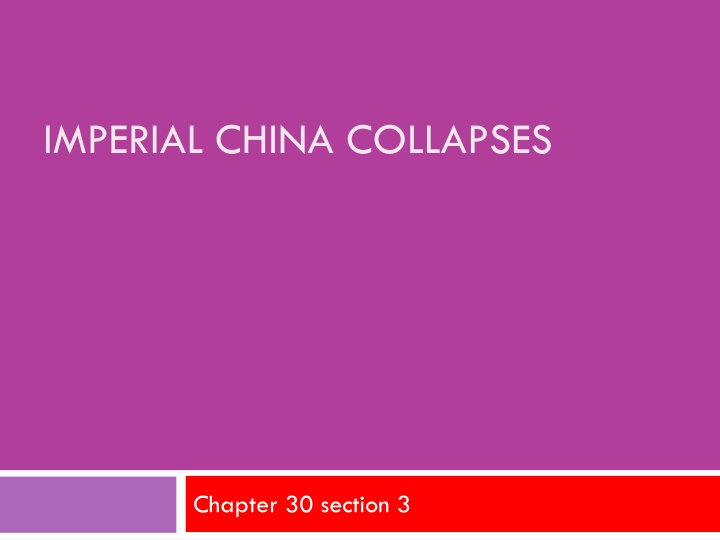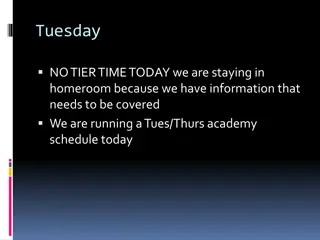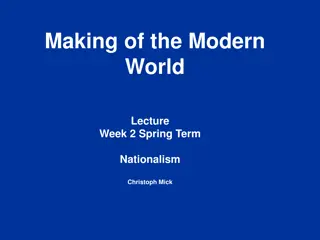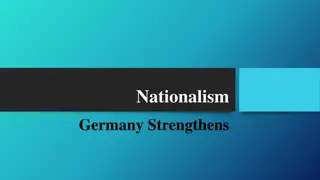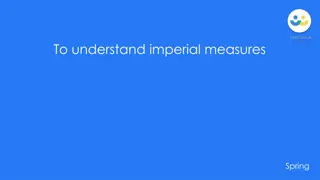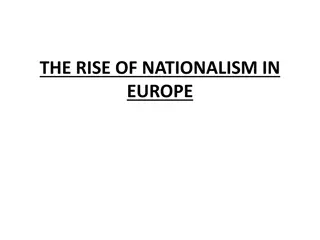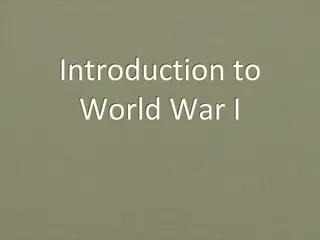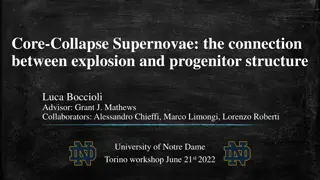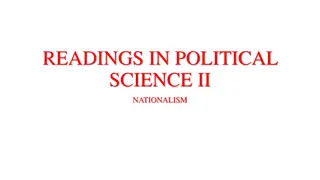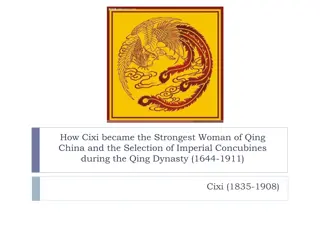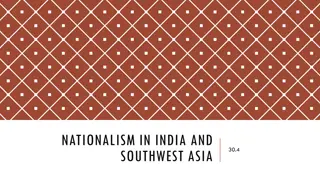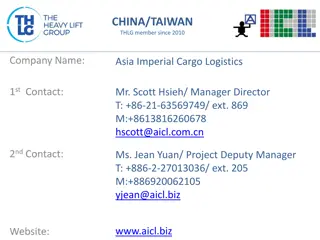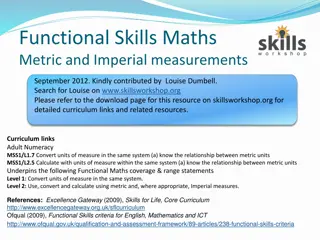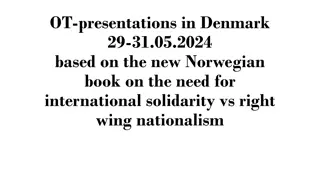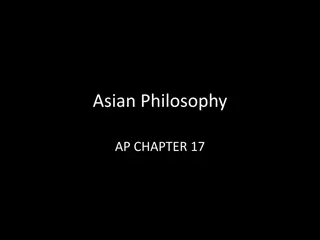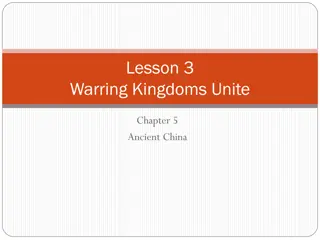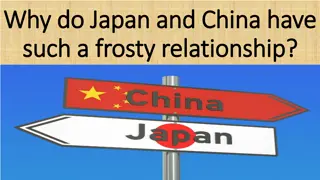The Collapse of Imperial China and the Rise of Nationalism
In early 20th-century China, resentment towards foreign control led to the overthrow of the Qing Dynasty by the Nationalists, with leaders like Sun Yixian and the Kuomintang Party. Despite efforts for political and economic rights, internal conflicts and external influences such as World War I impacted China's trajectory, eventually leading to alliances with the Communist Party. This period marked a pivotal transition towards modernization and political change in China.
Download Presentation

Please find below an Image/Link to download the presentation.
The content on the website is provided AS IS for your information and personal use only. It may not be sold, licensed, or shared on other websites without obtaining consent from the author.If you encounter any issues during the download, it is possible that the publisher has removed the file from their server.
You are allowed to download the files provided on this website for personal or commercial use, subject to the condition that they are used lawfully. All files are the property of their respective owners.
The content on the website is provided AS IS for your information and personal use only. It may not be sold, licensed, or shared on other websites without obtaining consent from the author.
E N D
Presentation Transcript
IMPERIAL CHINA COLLAPSES Chapter 30 section 3
Nationalists Overthrow Qing Dynasty The early 20th century was a time of change in China. Many Chinese resented the great control that foreign nations had over their economy. Some wanted to modernize China. They hoped it could regain power.
Nationalists Overthrow Qing Dynasty One of the leaders of this push was Sun Yixian. His group was called the Kuomintang, or Nationalist Party. In 1912, he led a revolt that overthrew the Qing Dynasty. A republic was established, and he was made the president. What is a republic? Sun wanted political and economic rights for all Chinese people. He also wanted an end to the foreign control of China. But Sun did not have the support of the military. Bang bang.
Nationalists Overthrow Qing Dynasty Six weeks later, he turned over his presidency to Yuan Shikai, a powerful general. Bang bang again. Yuan became a military dictator. What is a dictator? After he died in 1916, civil war broke out. What is civil war? The people suffered terribly from famine and brutal attacks.
The Impact of WWI China s leaders hoped to win the support of the Allies during World War I. They declared war on Germany. When the war ended, though, they were disappointed. The Treaty of Versailles did not give China freedom from foreign influence. It only changed masters. Say whaaaaaaaat The parts of China that had been controlled by Germany were handed over to Japan.
The Impact of WWI Angry Chinese protested during the May Fourth Movement. Protesters included Mao Zedong. mao mao mao mao mao mao mao He later became the leader of China s Communist revolution.
The Communist Party in China In the 1920s, revolutionaries began to look to Marxism and the Russian Revolution for a solution to China s problems. Meanwhile, Sun Yixian became disappointed in the Western democracies. What is The West ? They refused to support his struggling government. He decided to become allies with the newly formed Communist Party.
The Communist Party in China Sun sought Soviet help, too. Also Communists He died in 1925. Jiang Jieshi became leader of the Kuomintang aka Nationalist Party.
The Communist Party in China At first, Jiang Jieshi joined with the Communists to try to defeat the warlords. These warlords ruled as much of the Chinese countryside as their armies could conquer. Together the Nationalists and Communists successfully fought the warlords.
The Communist Party in China Many in the Kuomintang were business people. They now feared Communist ideas about government control of economic life. In 1927, Jiang began fighting the Communists. The Communists were forced into hiding. Peekaboo son In 1928, Jiang became president of China. Soon China was torn by a civil war (again) between the remaining Communists and Jiang s forces.
What role did Jiang Jieshi play in creating the civil war?
Civil War Rages in China Jiang had promised democracy and political rights to all Chinese. Buuuuuuut his government had become less democratic and more corrupt. What does corrupt mean? Nothing was done to improve the life of the rural peasants. Many of them gave their support to the Chinese Communist Party.
Civil War Rages in China Communist leader, Mao Zedong, built an army of peasants. In 1933, Jiang s army surrounded them. But the Communists got away. Wooohaa They began the famous Long March of 6,000 miles to the north. Thousands died. The Communists settled in caves in Northwest China.
Civil War Rages in China At the same time, China had other problems. In 1931, Japan invaded the part of China called Manchuria. Japan took control there and six years later began invading other areas. With this new threat, Jiang and the Communists agreed to unite temporarily to fight the Japanese. The enemy of my enemy is my
What finally united Communist and non-Communist forces
Exit ticket Your name How did WWI affect China? Respond in full sentences
